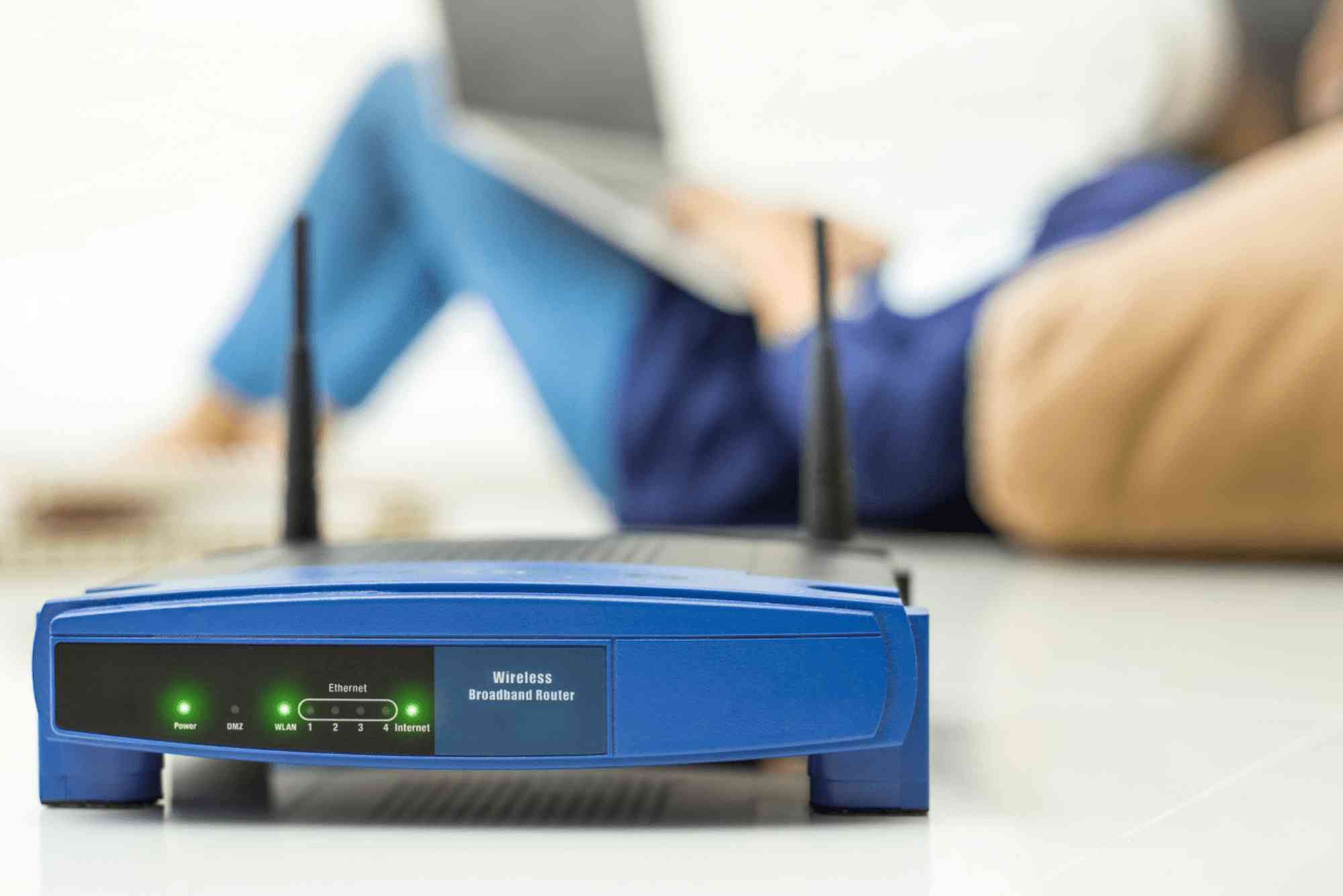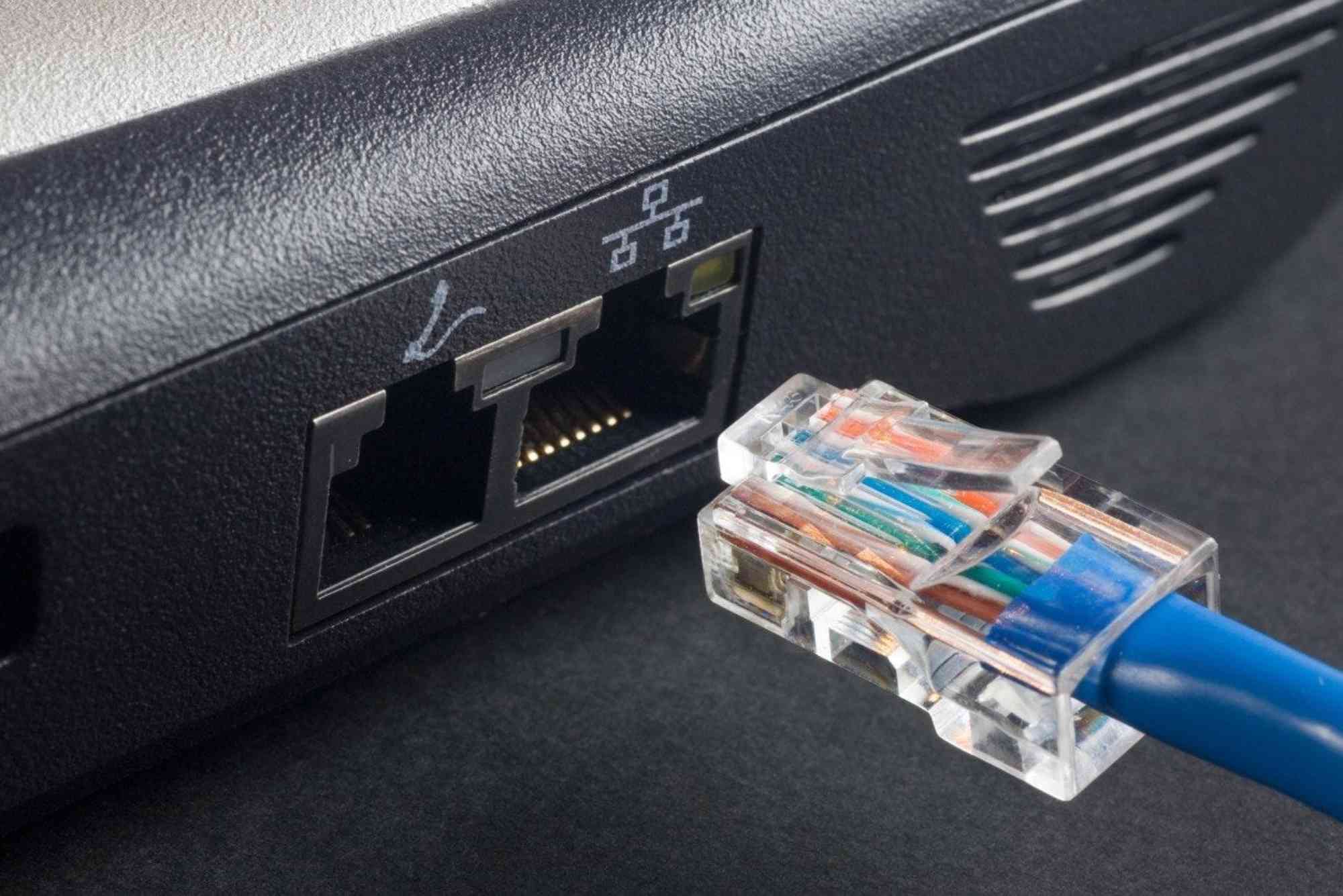How to Optimize Your Wi-Fi Network for Online Gaming
Online gaming is more enjoyable when your connection is fast, reliable, and lag-free. But many players struggle with slow speeds, high ping, and dropped connections. The good news? You can fix most of these issues with the right setup. In this guide, you’ll learn exactly how to optimize Wi-Fi for gaming so you can level up your online experience.
Why Optimizing Wi-Fi for Gaming Matters
A stable Wi-Fi network ensures smoother gameplay, quicker reactions, and fewer interruptions. Gaming requires:
-
Low latency (ping)
-
Consistent speeds
-
Minimal packet loss
Without optimization, your experience may suffer from lag, stutter, or sudden disconnections.
How to Optimize Wi-Fi for Gaming: Key Strategies
Choose the Best Router for Gaming
Your router is the backbone of your gaming setup. Outdated or budget routers may not handle modern gaming demands.
-
Look for routers with dual-band or tri-band support.
-
Prioritize models with Quality of Service (QoS) features.
-
Consider Wi-Fi 6 routers for better speed and capacity.
Position Your Router Correctly
Router placement affects signal strength. Avoid hiding your router in cabinets or placing it near thick walls.
-
Place it in a central location.
-
Keep it elevated, away from the floor.
-
Reduce interference from other electronics.
Use the Right Wi-Fi Frequency Band
Modern routers offer both 2.4GHz and 5GHz bands.
-
2.4GHz: Longer range but more interference.
-
5GHz: Faster speeds, less crowded, ideal for gaming.
Whenever possible, connect your gaming device to 5GHz for smoother performance.
Prioritize Gaming Devices with QoS
Quality of Service (QoS) lets you allocate bandwidth. By prioritizing your console or PC, you ensure smoother gameplay even when others are streaming or downloading.
Reduce Interference from Other Devices
Microwaves, cordless phones, and even smart home gadgets can disrupt Wi-Fi. Keep your gaming setup away from these interference sources.
Update Router Firmware Regularly
Router manufacturers release updates to improve security and performance. Keeping firmware updated helps stabilize your connection and unlocks new features.
Limit Background Internet Usage
Downloads, video calls, and streaming can steal bandwidth. To optimize gaming performance:
-
Pause large downloads.
-
Limit streaming during gameplay.
-
Disable unnecessary cloud backups.
Consider a Wired Connection for Critical Gaming
Although Wi-Fi is convenient, Ethernet offers the most stable connection. If serious about competitive gaming, plug directly into your router.
Advanced Tips to Optimize Wi-Fi for Gaming
Adjust DNS Settings
Switching to a faster DNS server can improve loading times and reduce lag. Popular options include Google DNS and Cloudflare DNS.
Upgrade Your Internet Plan
Sometimes, the issue isn’t Wi-Fi but your internet plan. Check with providers like Dhanote Internet Services for higher bandwidth or gaming-friendly packages.
Use a Mesh Wi-Fi System
For larger homes, dead zones can ruin your connection. Mesh systems extend coverage and provide a seamless network for gaming.
Enable MU-MIMO and Beamforming
Modern routers include features like MU-MIMO and beamforming. These help deliver stronger, more direct signals to multiple devices at once.
Troubleshooting Common Gaming Wi-Fi Problems
High Ping or Latency
-
Restart your router.
-
Connect to the nearest server in your game.
-
Switch to a wired connection if possible.
Packet Loss
-
Check for outdated router firmware.
-
Reduce the number of connected devices.
-
Contact your ISP if the issue persists.
Wi-Fi Disconnects Frequently
-
Move closer to the router.
-
Reset network settings on your device.
-
Replace old routers or cables.
FAQs: How to Optimize Wi-Fi for Gaming
How can I reduce lag while gaming on Wi-Fi?
Use a 5GHz band, enable QoS, and reduce background downloads to minimize lag.
Is Wi-Fi 6 better for gaming?
Yes. Wi-Fi 6 provides faster speeds, less congestion, and improved latency handling for online gaming.
Should I use Ethernet or Wi-Fi for gaming?
Ethernet is always more stable. But if Wi-Fi is your only option, optimization ensures reliable gameplay.
What’s the best internet speed for gaming?
At least 25 Mbps download and 3 Mbps upload per gamer. Higher speeds improve performance in multiplayer sessions.
Why does my ping spike randomly?
Ping spikes often come from interference, network congestion, or ISP issues. Adjust router settings and reduce other usage.
Take Control of Your Gaming Connection
How To Optimize Wi-Fi For Gaming Lag and poor Wi-Fi don’t have to ruin your gaming sessions. By following these steps—upgrading your router, adjusting settings, and reducing interference—you can finally enjoy smoother, more competitive gameplay.







